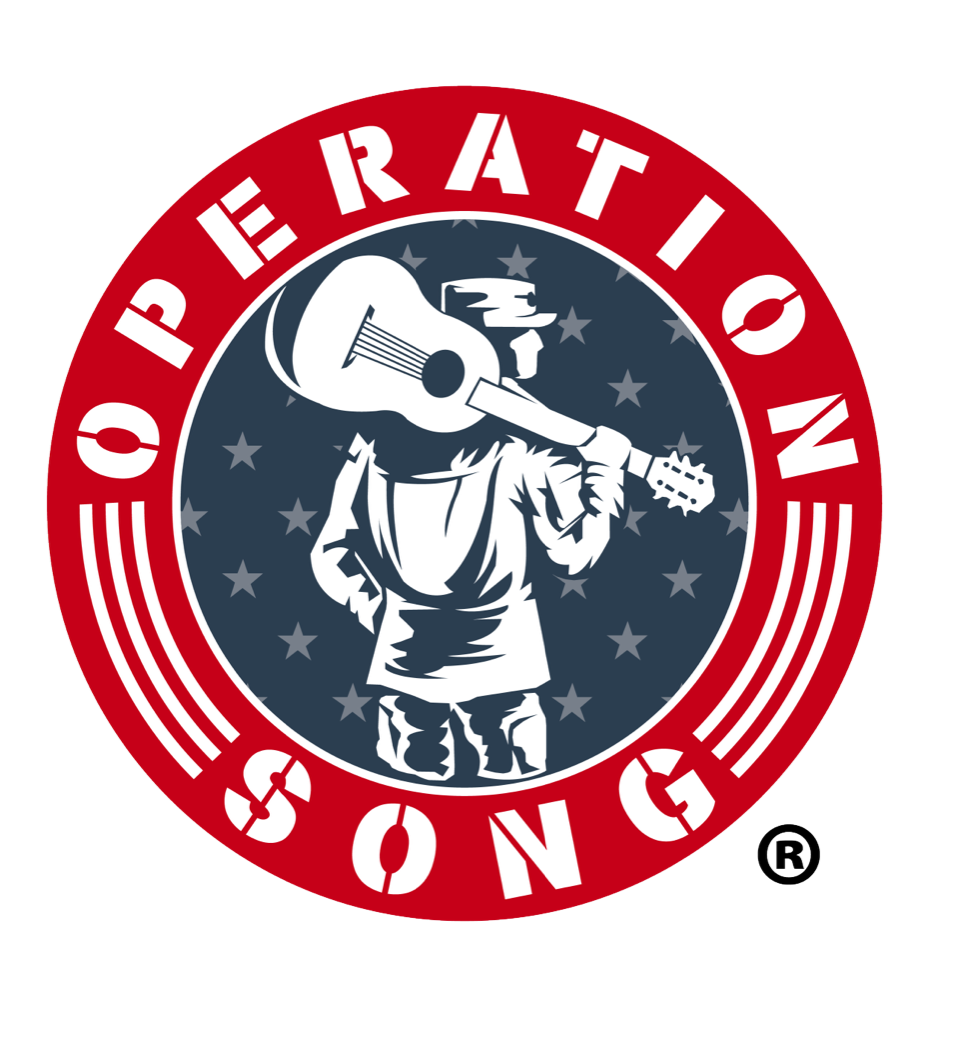Easing the Pain of War with Country Songs
By John Donohue, The New Yorker Magazine | May 24, 2015This year, in honor of Memorial Day, there’s a concert on the West Lawn of the Capitol. Among the people headed to Washington, D.C., for the holiday is Bob Regan, a songwriter from Nashville who has penned hits for Keith Urban, Jake Owen, Trisha Yearwood, Tanya Tucker, Billy Ray Cyrus, and other country stars. Lately, Regan has been spending a fair share of his time with veterans. He’s the founder of a group called Operation Song, which pairs veterans with songwriters as a way of working through their pain.Regan began working with soldiers after touring overseas bases with the Nashville Songwriters Band,. They started writing songs wherever they went—Western Europe, the Balkans, Africa, and almost everywhere in the Middle East except Iraq and Afghanistan—and they had fun. One of the tracks they wrote for Marines in Djibouti, titled “Djibouti,” was just for kicks and local consumption. “But it broke free and now can be heard in dive bars outside of bases throughout the world,” Regan said. One day, they played at the Landstuhl Regional Medical Center, in Germany, where the wounded from the Middle East are flown before being airlifted to Walter Reed and other medical facilities in the U.S. They were with a young soldier, who was getting a Purple Heart, and his pregnant wife, whom the Army had flown over to see him. He was the only survivor of an I.E.D. attack two days before. “We put one of our guitars in his hands, and he lit up,” Regan said. “It was a very moving day.”Nearly three years ago, Operation Song began as a weekly program at the Alvin C. York V.A. medical center, in Murfreesboro, Tennessee, a few miles from Regan’s home town. Since then it’s added weekly sessions at Fort Campbell, Kentucky, and sponsored retreats at bases and facilities in Georgia and in Colorado, in partnership with the Wounded Warrior Project, and elsewhere. Some hundred and fifty veterans have taken part in the program, and more than two hundred songs have been written.According to Regan, the first three rules when working on a song with a veteran are listen, listen, and listen. “I try to make them feel comfortable, let them know that I'm not here to write a song about them,” he said. “Instead, together, we are going to tell their story.” He works with Tina Haynes, a board-certified music therapist, and other songwriters, such as Don Goodman, and with a group of female writers who assist female veterans who have experienced sexual trauma during their time in the military.In a typical workshop, Regan sits with Hayes, Goodman, and as many as six veterans. They go through the “get the puzzle pieces on the table” phase and identify a theme for a song. The subjects range from getting a job after being discharged to expressing their love for their families to undergoing a religious conversion while operating a Humvee. Mostly, they help the veterans process the seemingly random and chaotic events and emotions of their service, to give them some order, meaning, and perspective. When it comes time to write a melody, the group does a bit more research. “I always ask what kind of music they like so we can make it the most ‘them’ it can be,” Regan said. “We talk about artists they listen to and I tailor it as much as I am able.”The process has worked better than Regan ever imagined. “I have messages on my phone from the guys telling me everything from ‘That was amazing’ to ‘You saved my life,’ ” he said. “There is something about hearing their story sung back at them, with all the information they've spilled out, now in a sequence, leading to a lyrical and musical resolution,” he added. “I've seen guys sit up straight, smile, and nod their heads after hearing their song—guys who showed up looking like the trained bad-asses they are, crying tears of relief hearing their fears, failures, and triumphs voiced in a way that honors them without sounding jingoistic.”Another aspect of the program that’s surprised Regan is the age of its participants. “When I started out, I hadn't really thought about writing with older veterans,” he said. “People think ‘Let's support the troops’ with the cast of ‘Lone Survivor’ in mind.” But the reality is different. Many of the troops returning from Iraq and Afghanistan are in their forties and fifties, a consequence of multiple deployments of the National Guard and the Reserves. Also, the groups he works with tend to be about half veterans of the recent conflicts in the Middle East and half Vietnam vets. “A huge number of Vietnam guys lived relatively normal lives and are now retiring—the background noise in their life—kids, jobs—is receding, and in the silence and empty space the war has come roaring back,” he said. “Now that P.T.S.D. is a topic in the news, they feel some cover. They can admit to it and seek treatment.”In Washington on Memorial Day, Regan will be singing with Jimmy Sells, a Vietnam veteran, and Ian Wagner, an Iraq veteran who received his Purple Heart on Memorial Day nine years ago, at Arlington National Cemetery. They will be doing two performances, one at the WWII Memorial, and another at the reviewing stand before the parade. “Last Monday In May,” which was written with a group of veterans, two years ago, is on their set list. Here’s a version by the singer-songwriter Ward Davis—it’s a fitting tribute to Memorial Day.Source: The New Yorker

